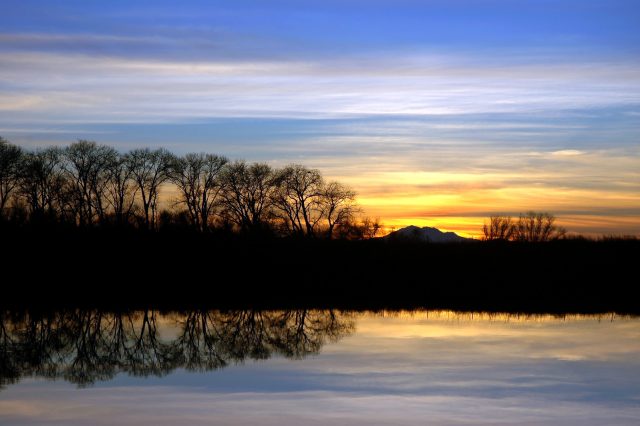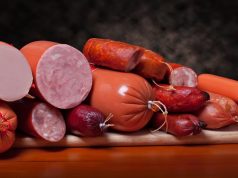The Delta is currently suffering from a nonnative aquatic plant. Scientists have said that the species damages aquatic life and blocks pipes that pull out the drinking water, and the weeds have spread so much that you could see it from satellite.
Roundup has jumped in to help kill the weeds, by spraying a chemical that is known to cause cancer. Federal agencies have stepped in to regulate the amount of Roundup used in order to make sure that the drinking water is safe. Teams of scientists check to see if the levels are hazardous and that it stays away from the parts that water gets pulled from.
Monsanto, the Roundup producer took things to court to prove that their chemicals were not carcinogenic, and it succeeded. They were allowed to not have to label their products that would have told consumers that their products could cause cancer. There is no actual proof to prove that their products have carcinogenic properties, but the chemicals that are present inside are believed to be. More testing will have to be performed to prove the products possible carcinogenic properties.
The reason for the worry of roundup is the glyphosate that’s inside. It is known for fact to cause cancer within animals but its speculation that if it is for animals, then it most likely is dangerous for humans too. But the thing about the glyphosate in Roundup is that it is basically stagnant in the water but is activated in the plant to kill it. It is also is small doses meaning that there is almost no risk to having it present because it will just disappear quickly.
1/3rd of the water pipes that collect drinkable water are usually clogged up because of the invasive plant. The problems that the weed causes are costly and have shot up to $46 million in order to keep the weed under control. The plants cause issues with boats by getting them stuck and tangled within them, and they make it hard for the native organisms residing in the infested waters. Salmon have been struggling to keep their species alive due to the choked up water, requiring nice and free water with a good flow.
The herbicide is does not and will not kill all of the plants, but its what they can do for now to contain the weed. Glyphosate in the first place is not harmful because in itself it has a very low toxic level. But its toxicity is increased when used with other chemicals to make it stronger and/or more deadly for plants or other uses.
When glyphosate goes through the body it is usually cleaned out through waste and it is gone from the body. It also has a difficult time absorbing through skin making it a little less hazardous. The good thing to know about the use of glyphosate in the treatment for the weeds is that it breaks down in the dead plants after 9 days, meaning it dissipates and becomes harmless. However, when used on plants that hold vegetables its shown to be carried into the food, although it is of course in low toxicity making it safe for consumption even if it were to be consumed.




























